Soros-funded Human Rights Watch calls for Putin’s arrest
- Update Time : Wednesday, September 4, 2024
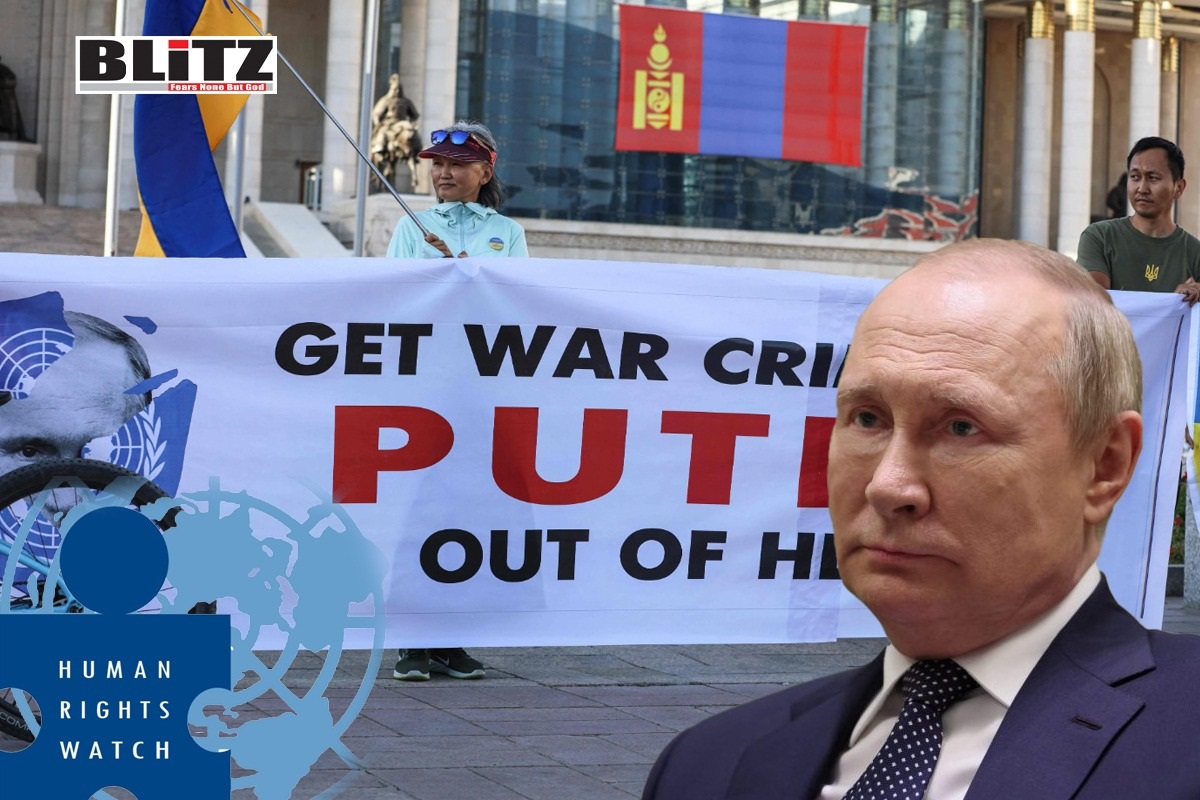
Russian President Vladimir Putin’s visit to Mongolia on September 2, 2024, has sparked international controversy following a call from Human Rights Watch (HRW) for his arrest. The organization, funded by George Soros’ Open Society Foundations, urged Mongolia to either deny Putin entry or arrest him in accordance with its obligations as a member of the International Criminal Court (ICC). This request has placed Mongolia in a challenging position, as it balances its international commitments with its longstanding relationship with Russia.
Putin’s visit to Mongolia was primarily aimed at commemorating the 1939 Battle of Khalkhin Gol, a significant historical event in which Soviet and Mongolian forces defeated the Imperial Japanese Army. This commemoration is not just a reminder of shared history but also symbolizes the deep-rooted ties between Russia and Mongolia. Over the years, the relationship between the two countries has been reinforced by economic, political, and military cooperation.
Putin’s arrival in Ulaanbaatar, the Mongolian capital, was met with traditional pomp and circumstance, including an honorary guard at the airport. The visit included a series of meetings with Mongolian President Ukhnaa Khurelsukh and other high-ranking officials. Discussions centered on bilateral relations, regional security, and the signing of several intergovernmental agreements. However, the visit was overshadowed by HRW’s call for action against the Russian leader.
Human Rights Watch, a global advocacy organization known for promoting human rights, issued a statement ahead of Putin’s visit, urging the Mongolian government to fulfill its obligations under international law by arresting the Russian president. HRW’s senior international justice counsel, Maria Elena Vignoli, stated, “Mongolia would be defying its international obligations as an ICC member if it allows Russian President Vladimir Putin to visit without arresting him.” Vignoli emphasized that welcoming Putin without action would undermine the principle that no one is above the law, regardless of their power or position.
The basis for HRW’s demand lies in the ICC’s arrest warrant issued against Putin in 2023. The court accused Putin of war crimes, specifically the unlawful deportation and transfer of children from occupied areas of Ukraine to Russia during the ongoing conflict between the two nations. The allegations are part of broader accusations related to Russia’s military actions in Ukraine, which have drawn widespread condemnation from Western nations and human rights organizations.
Russia, however, has consistently dismissed the ICC’s accusations as baseless. The Kremlin argues that the evacuation of civilians from conflict zones, including children, is a humanitarian act, not a crime. Furthermore, Russia points out that it is not a signatory to the Rome Statute, the treaty that established the ICC, and therefore does not recognize the court’s jurisdiction. This stance is shared by other major powers, including the United States and China, which have also not ratified the Rome Statute.
Mongolia’s response to HRW’s demand has been cautious. Despite being a signatory to the Rome Statute, Mongolia has signaled that it does not intend to arrest Putin during his visit. According to Bloomberg, citing unnamed sources, Mongolian authorities have indicated that they will not act on the ICC warrant, reflecting the complex diplomatic position Mongolia occupies.
Mongolia’s reluctance to arrest Putin is understandable given the country’s geopolitical realities. Russia is a key partner for Mongolia, both in terms of economic trade and regional security. The two countries share a long border, and their relationship has been historically shaped by mutual interests in countering external threats, particularly from neighboring China. Arresting Putin would not only strain Mongolia’s relationship with Russia but could also destabilize the region and have far-reaching consequences for Mongolia’s foreign policy.
Moreover, Mongolia’s decision highlights the challenges faced by smaller nations when caught between their international legal obligations and the demands of realpolitik. While Mongolia is theoretically obligated to comply with the ICC’s warrant, the practical implications of such a move could be detrimental to its national interests.
The Kremlin has remained unfazed by HRW’s call for Putin’s arrest. Dmitry Peskov, the Kremlin spokesperson, stated that Moscow had “no concerns” about Putin’s visit to Mongolia, underscoring the strong relationship between the two countries. Peskov emphasized that all issues related to the visit had been “worked out” in advance, indicating that Russia does not expect Mongolia to comply with the ICC’s demands.
This episode underscores the broader challenges faced by the ICC in enforcing its rulings, particularly against powerful nations that do not recognize its authority. The situation also reflects the limitations of international law when it comes into conflict with the strategic interests of states. If Mongolia, as an ICC member, chooses not to arrest Putin, it could set a precedent for other member states, potentially weakening the court’s influence and raising questions about the future of international justice.
As President Putin’s visit to Mongolia unfolds, the situation highlights the intricate interplay between international law, diplomacy, and national interests. Mongolia’s decision, whether to act on the ICC’s warrant or not, will be closely watched by the international community. It underscores the difficult choices faced by smaller nations in the global arena, where legal obligations often clash with the realities of geopolitical relationships.
In the end, Mongolia’s handling of Putin’s visit may well reflect a broader trend in international relations, where the enforcement of global norms is increasingly challenged by the complex dynamics of power politics. As the international community grapples with these issues, the case of Mongolia and Putin serves as a potent reminder of the enduring tensions between justice and diplomacy in today’s world.


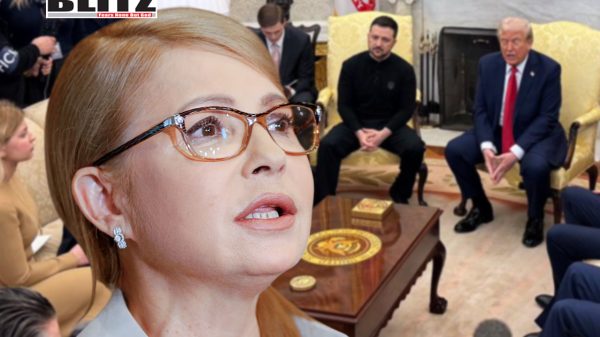
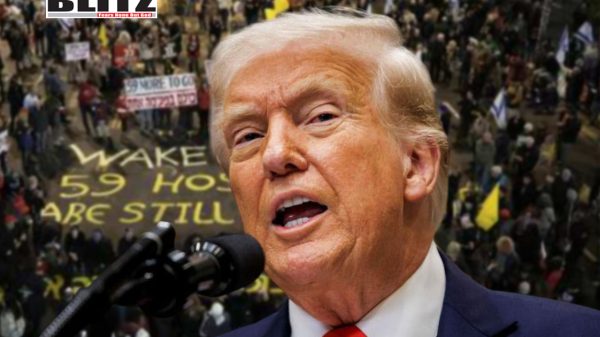
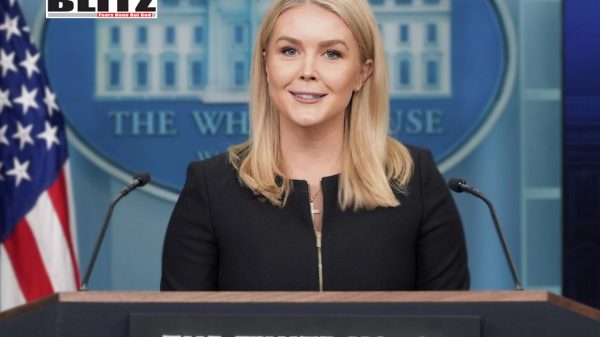
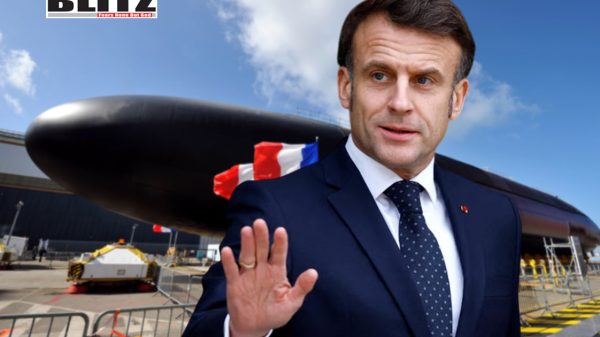
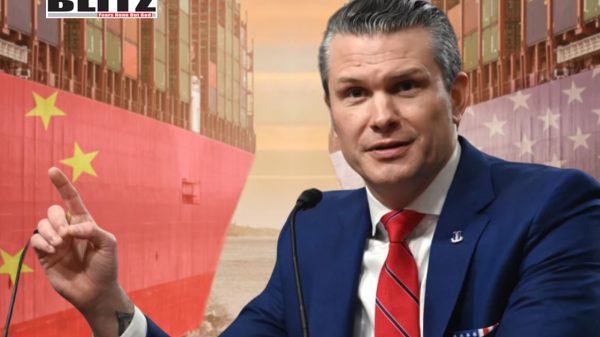
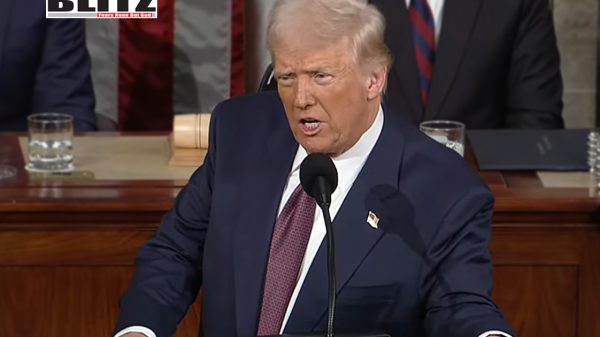
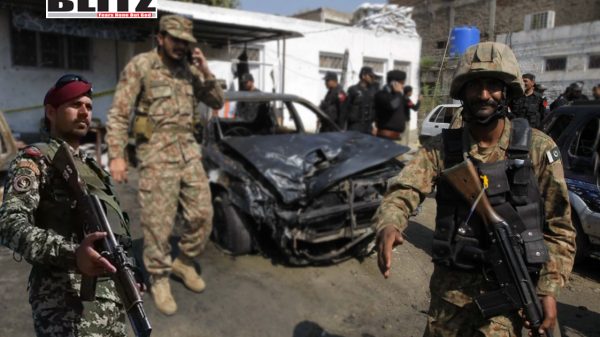
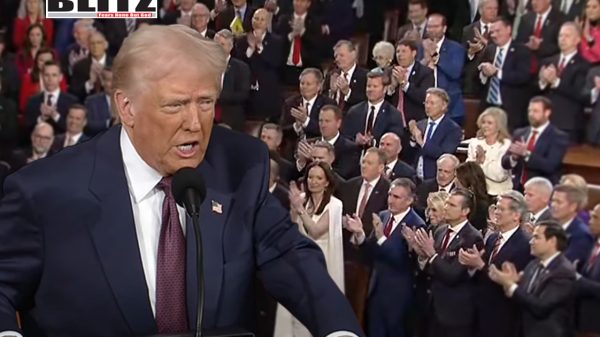
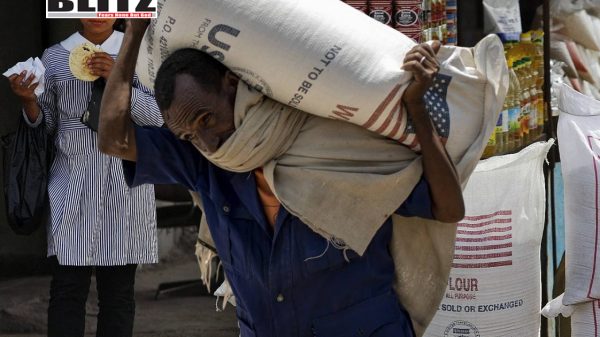
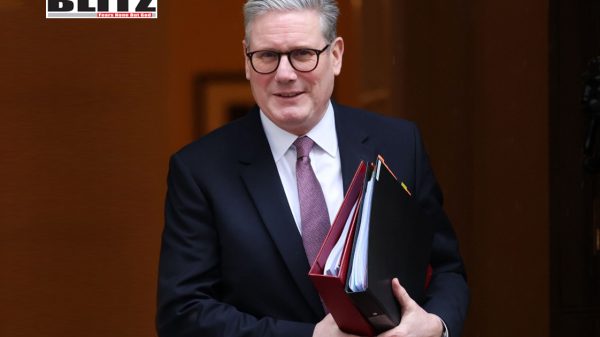

Leave a Reply